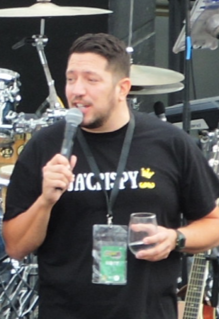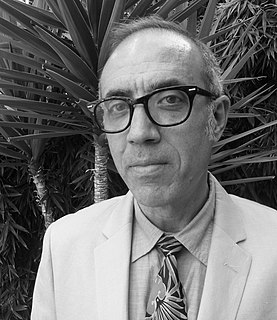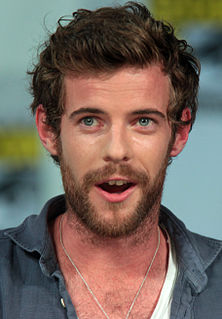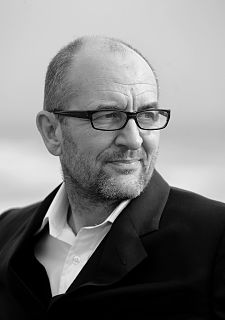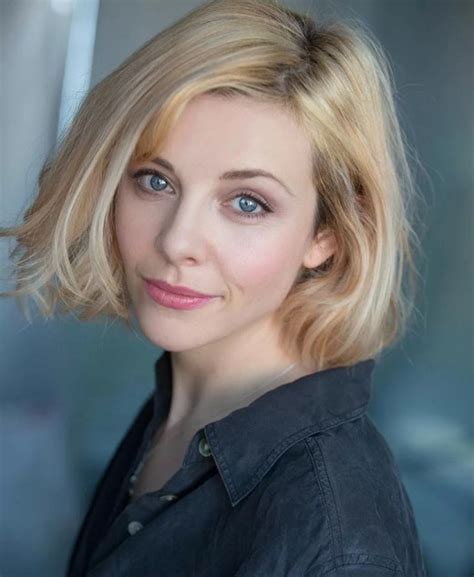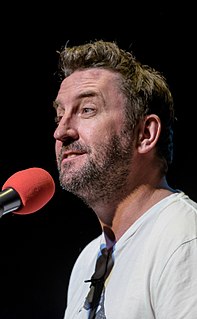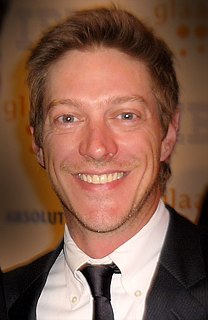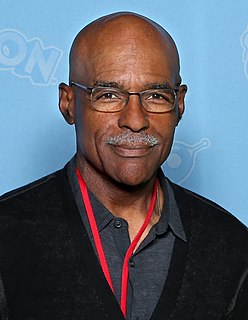A Quote by Sal Vulcano
In comedy you have to be prepared and be specific and have a vision so your comedy feels organic and relatable and it's a lot of work to get to that point.
Related Quotes
I've always thought that comedy was just another dramatic expression. I try to measure the amount of truth in a work rather than just looking at the generic distinction between comedy and drama. There's a lot of bullshit drama that leaves you totally cold. And there's a lot of wasted comedy time too. But when you get something honest, it doesn't matter what label you give it.
Performing comedy in San Francisco to begin with is pretty wild. You've got to - you've got the human game preserve to play off of. And it's a lot of great characters everywhere. You work off that, and then you play the rooms, and eventually you get to a point where you're playing a club that is a comedy club, with other comics.
